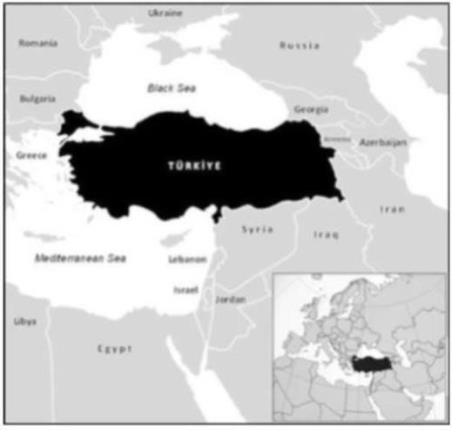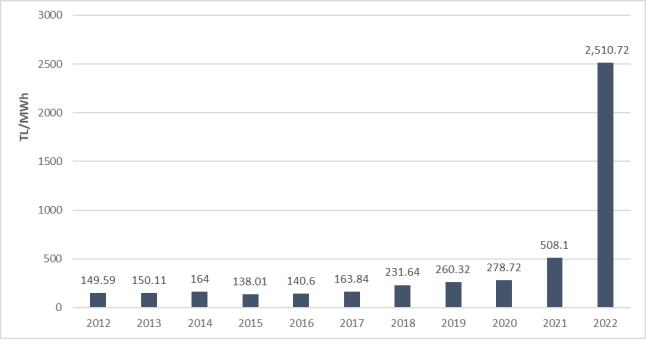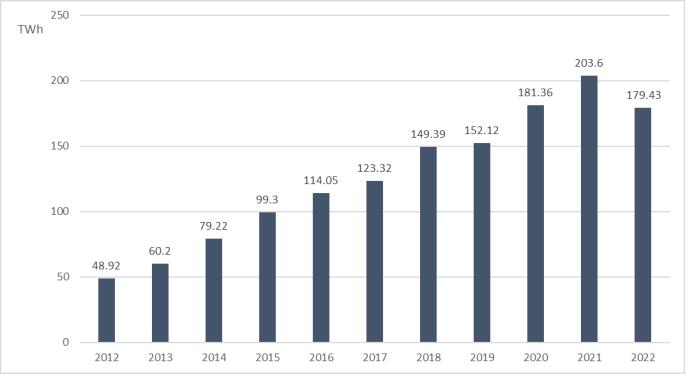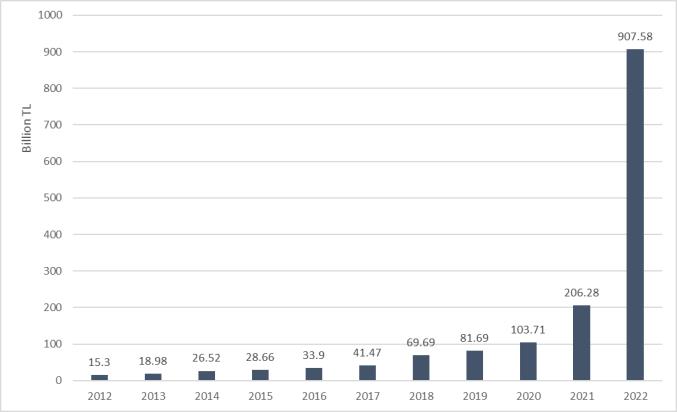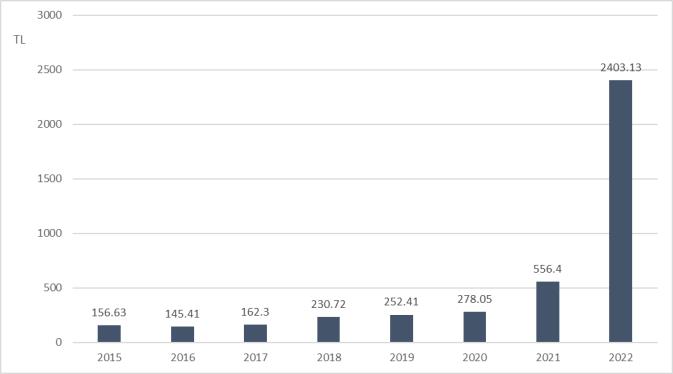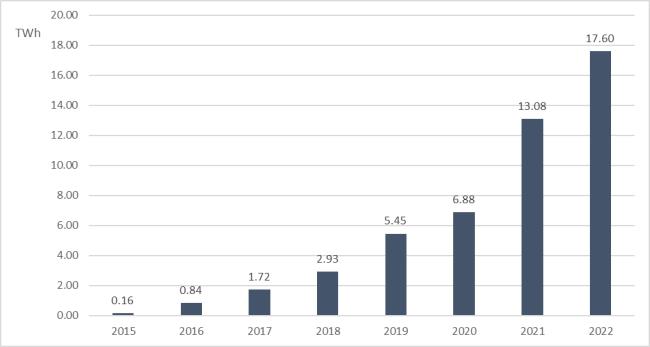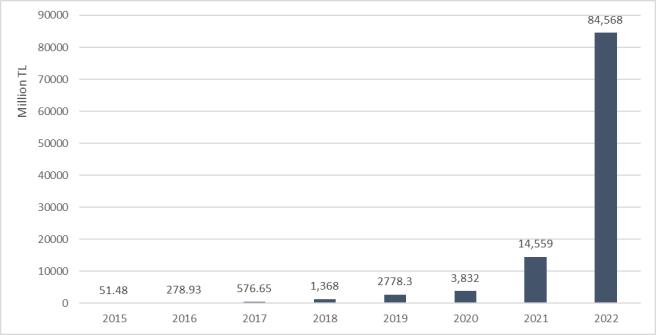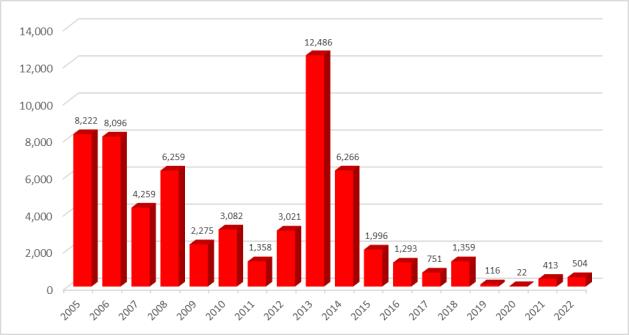Africa
Relations with Africa are one of the key tenets of Turkish foreign policy. In recent years, Türkiye’s relations with the region have been transformed into a comprehensive and mutually reinforced political-economic partnership. Türkiye envisions to develop an institutionalized and sustainable framework with Africa at both bilateral and multilateral levels.
Türkiye was declared a strategic partner by the African Union in January 2008. As a strategic partner, three Summits at the level of Heads of State and Government were organized with the African Union, the latest of which took place in Istanbul in 2021. The Implementation Plan for Türkiye-Africa Partnership for 2014-2019, which was adopted at the second Summit, was updated and strengthened at the Second Türkiye-Africa Partnership Ministerial Review Conference held on February 11-12, 2018, in Istanbul. The Third Summit, convened on December 16-18, 2021 provided a unique opportunity to show the determination of the Parties to further develop relations under the guidance of the Summit Declaration and Joint Action Plan for 2022-2026.
Türkiye pursues a multilayered approach in Africa, aimed at establishing close political relations by further intensifying bilateral high level visits; creating synergies with African countries to overcome economic difficulties through trade, investment, human development humanitarian, employing effective diplomacy in the settlement of conflicts and disputes when requested, encouraging progress in the areas of democracy and good governance, supporting international and regional organizations in their efforts towards peace and stability, and participating in peacekeeping missions on the Continent.
Currently Türkiye is represented by 44 Embassies in Africa. 38 African countries have Embassies in Ankara. Türkiye is planning to open 6 more Embassies throughout the Continent in the near future. President Erdoğan, during his Presidency and in his previous tenure as Prime Minister, has paid official visits to 31 African countries thus far.
On September 30, 2017, Türkiye inaugurated its biggest overseas military training center in Mogadishu.
Türkiye’s trade volume with Sub-Saharan Africa shows a steady increase, amounting to toU.S.$7.4 billion in 2018, U.S.$9.2 billion in 2019, U.S.$9.8 billion in 2020, U.S.$11.65 billion in 2021 and U.S.$15.59 billion in 2022. Overall trade volume with the African Continent as a whole almost doubled within the last five years, amounting toU.S.$21.5 billion in 2018, U.S.$26.2billion in 2019,U.S.$25.3 billion in 2020, U.S.$34.53 billion in 2021 and U.S.$40.73 billion in 2022.
By the end of 2022, Türkiye has signed Trade and Economic Cooperation Agreements with 48 African countries, Reciprocal Promotion and Protection of Investment Agreements with 32 African countries, and Elimination of Double Taxation Agreements with 17 African countries. Türkiye has also held Joint Economic Commission meetings with 44 countries from Africa. The Foreign Economic Relations Board of Türkiye has established Business Councils with 45 African countries.
The value of Turkish direct investment in Sub-Saharan African countries is also steadily increasing. As of July 2022, the estimated total value of Turkish direct investments in Africa is more than U.S.$6 billion.
The share of African countries in the overall international business volume of Turkish contractors is 21%. As of December 2022, Turkish contractors have undertaken around 1,800 projects worth more than U.S.$82 billion. In Sub-Saharan Africa, Turkish contractors have invested in large-scale projects, such as highways and railways (in Ethiopia, Tanzania, Senegal, Somalia and Nigeria), bridges and sewage systems (in Sudan), airports (in Ghana, Senegal, Niger, Sierra Leone and Guinea), ports (in Somalia and Guinea), water management systems (in Ghana), conference centers (in Equatorial Guinea, Senegal, Rwanda, Congo, DRC, Nigeria, Ghana), mining activities (in Angola, Liberia, Niger, Guinea and Burkina Faso)),), electricity generation (in Sierra Leone, the Gambia, Angola, Ghana, Guinea-Bissau, Congo, Mali, Gabon, Senegal and Nigeria), hotels (Nigeria, and the Gambia), shopping centers (in Equatorial Guinea), hotel constructions (in Benin, Niger, Senegal, Congo, Mali, Somalia, Guinea, Nigeria, the Gambia and Zimbabwe) and stadiums (in Cameroon, Comoros and Senegal). There are also various other projects in the pipeline that are currently under review.
Turkish Airlines has become a major international airline connecting the continent to the world with flights from Istanbul to 62 destinations in 41 African countries by the end of 2022. While 2022 frequency depth reached pre-pandemic levels, Turkish Airlines covered 62 destinations in 41 African countries with a recent addition to its flight network, namely, Juba, the capital of South Sudan. Previously suspended Antananarivo (Madagascar) and Durban (South Africa) flights were re-started in 2022.
Türkiye, under various cooperation mechanisms, has been trying to share its experience in the fields of agriculture, health, education, energy, tourism and environment, as well as supporting small and medium size enterprises.
79

